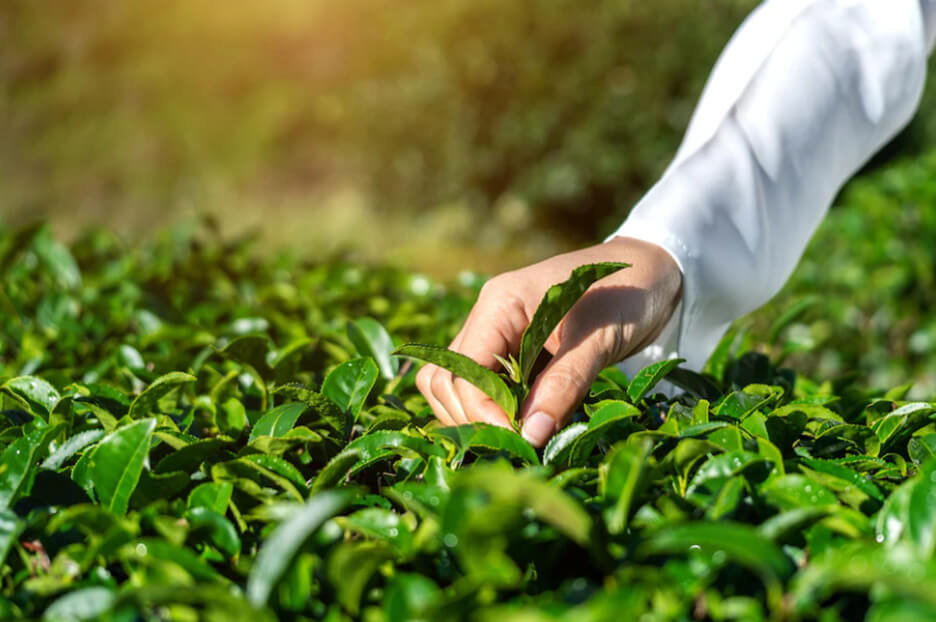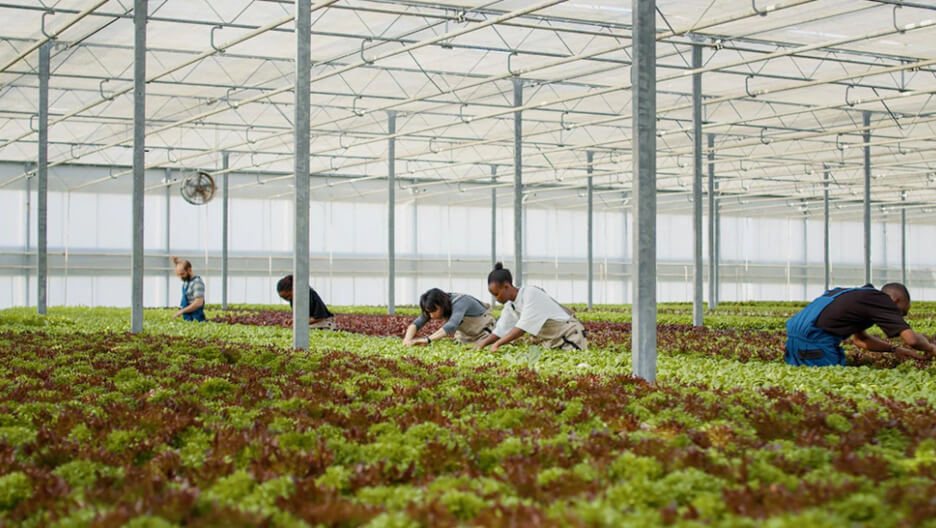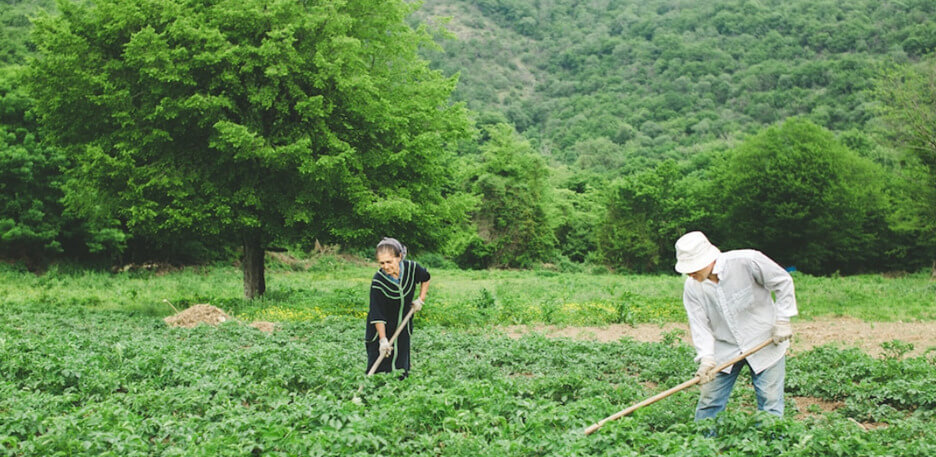About Organic Farming
Organic farming has become increasingly popular as more people look to lead healthier and more sustainable lives. In this article, we’ll be exploring the advantages and disadvantages of organic farming so that you can make an informed decision on whether or not it’s right for you. Read on to find out more!
Advantages of Organic Farming
Organic farming has several advantages that, include:
- Organic farming is better for the environment as it avoids synthetic pesticides and fertilizers, which pollute waterways, and uses less energy without the need for chemical application equipment.
- It is often more efficient than conventional farming. It is because organic farmers focus on building healthy soil, which leads to healthier plants that can resist pests and diseases. As a result, organic farmers often use less water and fewer inputs overall.
- Organic farming can be profitable as consumers are willing to pay more for healthier, environmentally friendly food. Certifications and government programs also provide access to premium prices.
- Organic farming relies on crop rotation, green manure, and compost to maintain soil health and fertility without synthetic pesticides and fertilizers.
- Another advantage of organic farming is that it is often healthier for animals and humans. Because organic farmers do not use synthetic pesticides or fertilizers, these chemicals are less likely to contaminate the food supply. Furthermore, studies have shown that organic meat and dairy products contain higher omega-3 fatty acids, which have numerous health benefits.
- Growing demand for organic products has increased prices for farmers. Government incentives and certifications can boost revenue further.
- Organic farming can also have social benefits, as it can help to promote sustainable development. It helps to promote the sustainable use of resources and can help to reduce poverty in rural areas.
- Organic farming can also help to promote food security, as it helps to ensure a reliable and safe source of food for people in developing countries. It can help to reduce hunger and malnutrition, as well as increase access to nutritious foods.
- Organic farming is economically beneficial for farmers as it raises the value of their products due to premium pricing. This can increase income for organic farmers.
Disadvantages of Organic Farming
Organic farming has several disadvantages when compared to conventional agriculture. These include:
- Higher production costs: organic farmers often have to pay more for inputs such as seeds and fertilizer and may also have lower yields.
- Lack of standardization: organic standards vary from country to country, making it difficult for farmers to know what is required.
- Perceived health benefits: there is no conclusive evidence that organic food is healthier than conventional food.
Final Thoughts
Organic farming has advantages and disadvantages, but ultimately, it is up to the individual farmer or consumer to decide whether they are willing to take on the challenges of organic production. Everyone must be aware of both the positive and negative aspects of organic farming before deciding. By carefully weighing out these pros and cons, you can make an informed choice that best suits your and our environment’s needs.
Recommended Articles
We hope that this EDUCBA information on “Advantages and Disadvantages of Organic Farming” was beneficial to you. You can view EDUCBA’s recommended articles for more information,





